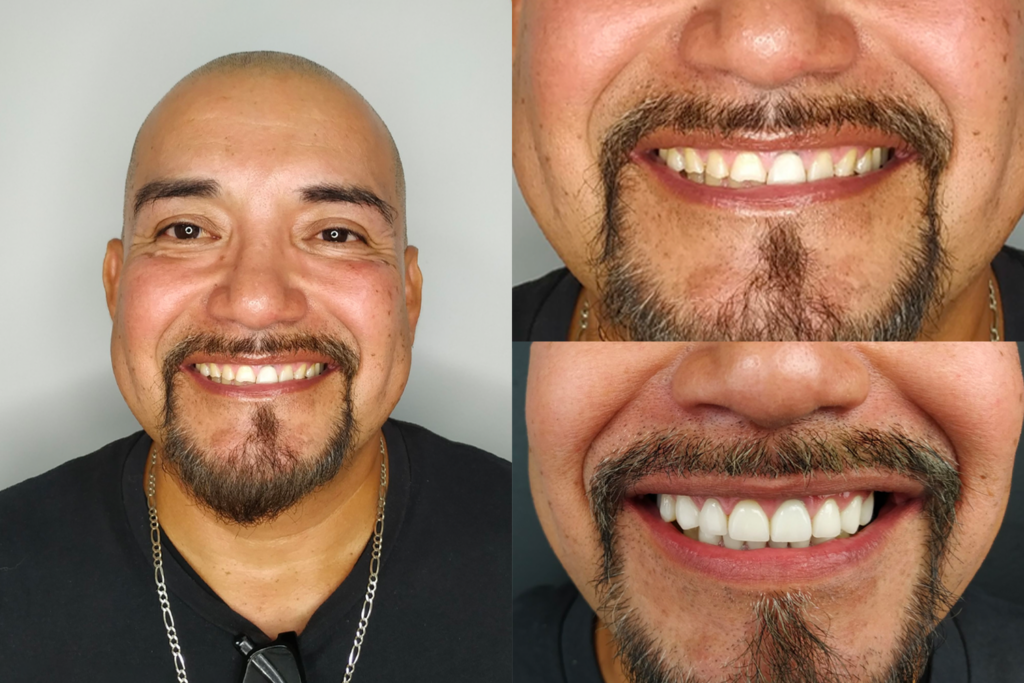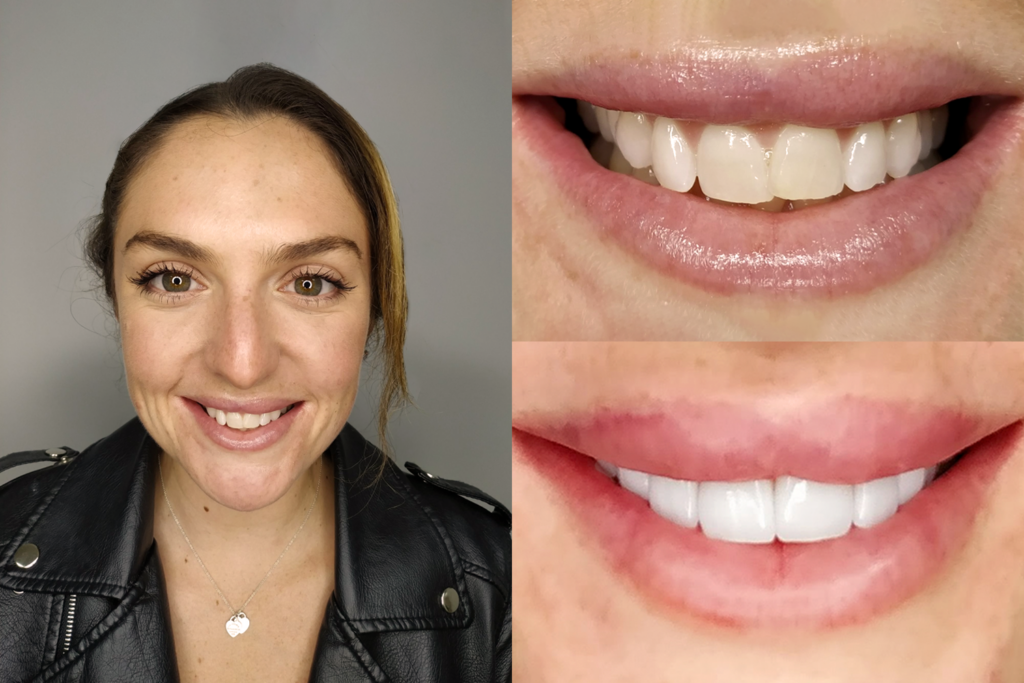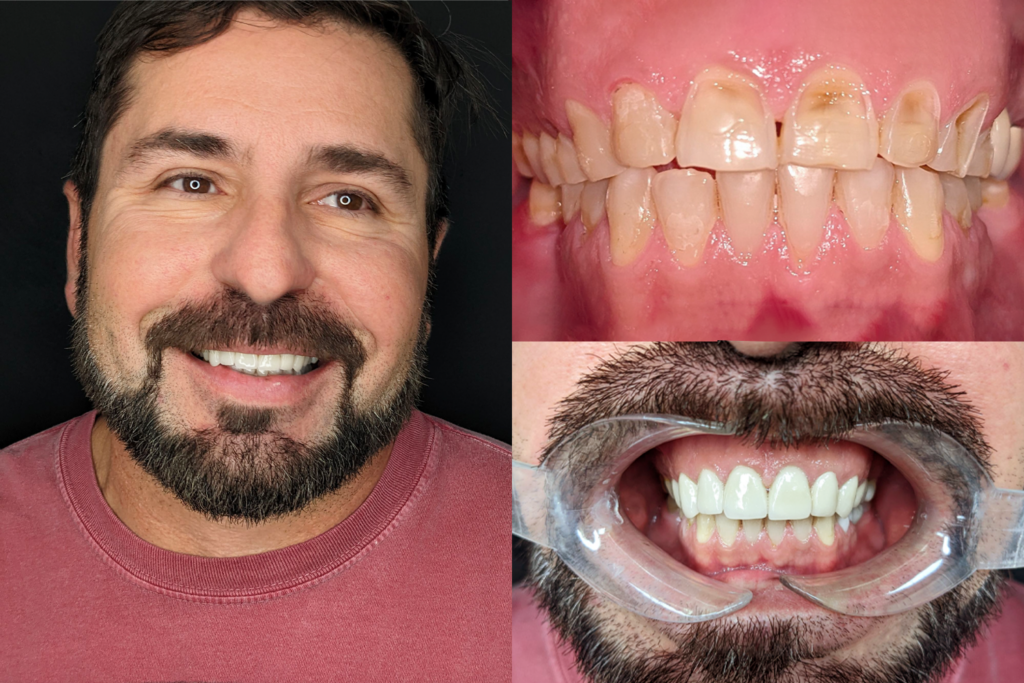Advanced Microscope Guided Endodontics for Precision and Success
Relieve pain and keep your natural tooth with our expert root canal treatments. Gentle, precise, and designed for your comfort
- Relief from tooth pain and sensitivity
- Avoid extractions (and costly implants)
- Improved oral health and function

More Than 500 Happy Faces with New Smiles


















High-Tech Root Canal Therapy with Enhanced Precision
From your first sit down with our lead Root Canal specialist you should expect the process to take one or two visits scheduled out as it follows:
- 2 hours
Your first appointment includes a comprehensive exam, high-quality X-rays, and a clear, personalized plan to address your dental needs.
- 1-2 hours
We carefully clean and disinfect the infected tooth to eliminate pain and prepare it for restoration.
- 1 hour
Finally, we place the permanent restoration – a filling or crown to fully restore your tooth’s function and appearance.
500+ Happy Patients
“It’s AMAZING”
Great and welcoming dentist office. All of the dentists are very detailed and explain every treatment and option available to fit your needs and wants. They offer a ride service where you can get picked up from the border and taken to the office which is very convenient, the office is not far from the border as well…

Justine Ginsburg
“High Quality Work”
Awesome people working there, high quality work, and a price I am very happy with.
I didn’t have Novocaine, which was a first, but no pain was amazing! This is the first dentist that I actually want to go back to.
Casey Lockwood
“Great Pricing!”
I had a great experience with Allo Dental. My regular dentist recommended a treatment worth $3,200, but Allo Dental said I had been oversold by my regular dentist.
In the end, they just charged me $245. I highly recommend Allo Dental.

Michael
We like happy customers
Hear from our thriving community
Great and welcoming dentist office. All of the dentists are very detailed and explain every treatment and option available to fit your needs and wants. They offer a ride service where you can get picked up from the border and taken to the office which is very convenient, the office is not far from the border as well…

Great and welcoming dentist office. All of the dentists are very detailed and explain every treatment and option available to fit your needs and wants. They offer a ride service where you can get picked up from the border and taken to the office which is very convenient, the office is not far from the border as well…

Great and welcoming dentist office. All of the dentists are very detailed and explain every treatment and option available to fit your needs and wants. They offer a ride service where you can get picked up from the border and taken to the office which is very convenient, the office is not far from the border as well…

Great and welcoming dentist office. All of the dentists are very detailed and explain every treatment and option available to fit your needs and wants. They offer a ride service where you can get picked up from the border and taken to the office which is very convenient, the office is not far from the border as well…

Get Treatment Plan & Estimate
Take the first step to smile, laugh and speak without feeling self-conscious.
US servers and 100% HTTPS secure connection.
Once you submit the form our Patient Relationship Manager will reach out within 1-2 days to answer any questions, review eligibility, and schedule your initial consultation if you are a good fit.
Subtle but Impactful After Pictures



















Got Questions? We Have Answers
A root canal is a dental procedure that involves removing the damaged or infected pulp from a tooth and sealing it to prevent further infection. It is necessary when the pulp becomes infected or damaged due to tooth decay, trauma, or other factors.
Most patients experience little to no pain during a root canal procedure, as the area is numbed with local anesthesia. After the procedure, some soreness or discomfort may be felt, but this can usually be managed with over-the-counter pain relievers.
A root canal typically takes one or two appointments, depending on the complexity of the case. The procedure usually takes between one and two hours per appointment.
A root canal can last a lifetime with proper care, such as regular dental visits and good oral hygiene habits.
However, the restoration (filling or crown) may need to be replaced over time due to normal wear and tear.
Yes, root canal procedures are safe and effective for treating damaged or infected teeth. They have been performed for many years and have a high success rate.
However, like any dental procedure, there are some risks and potential complications that should be discussed with the dentist beforehand.
Still Curious?
Read all about the benefits, process, recommendations and aftercare of veneers.
